As our society is obsessed with weight, appearance, and quick fixes, the diet culture has become increasingly popular. But what is diet culture? Let’s delve deep into diet culture definition, debunk diet culture myths and pave the way to liberation and self-acceptance.
Diet culture definition
So what is diet culture? Diet culture refers to a set of beliefs, values, and practices that prioritize weight, size, and appearance above health and well-being.
It promotes the idea that thinness equates to beauty, worthiness, and success, often leading individuals to adopt restrictive eating patterns and pursue weight loss as the ultimate goal.
Related: Beyond The Scale: Exploring Yo-Yo Dieting Meaning, Dangers And How To Stop
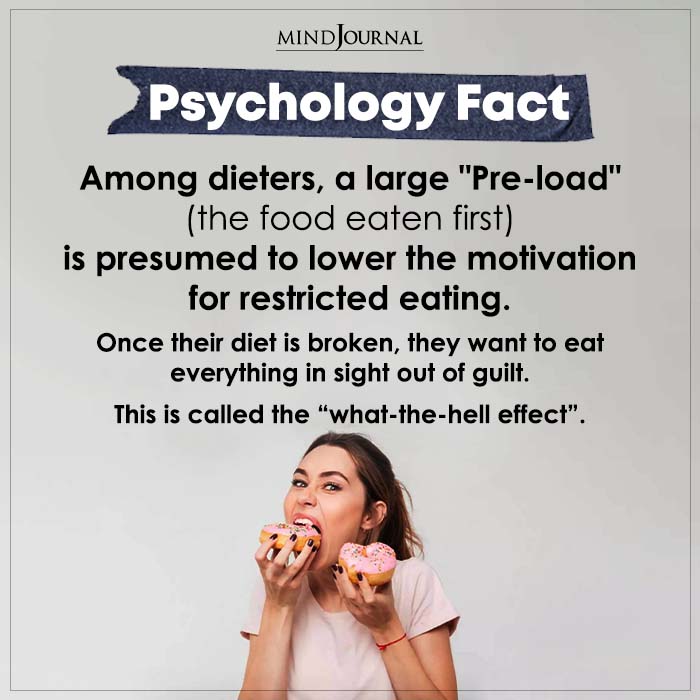
Understanding diet culture meaning
To better understand diet culture definition and what is diet culture, we need to explore certain elements of this phenomenon –
1. The pressure to conform
One of the most prevalent aspects of diet culture is the overwhelming pressure to conform to societal beauty standards. We are constantly bombarded with images of airbrushed bodies on social media, magazines, and advertisements, reinforcing the idea that only a specific body type is desirable.
This pressure can lead to body dissatisfaction, low self-esteem, and a distorted relationship with food.
2. Restriction and Yo-Yo dieting
Diet culture often encourages restrictive eating patterns, fad diets, and yo-yo dieting. Many diets promise quick fixes and dramatic weight loss, but they rarely provide sustainable results.
Restrictive eating can lead to a preoccupation with food, feelings of guilt around eating, and a disrupted relationship with hunger and fullness cues.
3. External Validation over internal well-being
In diet culture, the focus is primarily on external validation rather than internal well-being. People are conditioned to believe that their worth is tied to their appearance, leading to a constant pursuit of weight loss and a disregard for their overall health.
This emphasis on external validation can erode self-esteem and perpetuate a cycle of dissatisfaction.
4. The “good” vs. “bad” food dichotomy
Diet culture often categorizes foods as “good” or “bad,” creating a harmful dichotomy. Certain foods are labeled as “sinful” or “forbidden,” while others are deemed virtuous or “clean.”
This dichotomy can lead to feelings of guilt, shame, and an unhealthy relationship with food. In reality, all foods can be part of a balanced and enjoyable eating pattern.
Diet culture myths
There are several misconceptions and myths associated with diet culture definition and diet culture meaning. Let’s debunk some of these diet culture myths –
#1 Myth: Thin equals healthy.
Reality: Health is not determined solely by body size. People of all shapes and sizes can have different levels of health and well-being.
#2 Myth: Willpower is the key to weight loss success.
Reality: Weight loss is a complex interplay of genetics, environment, metabolism, and various other factors. Willpower alone cannot guarantee sustainable weight loss.
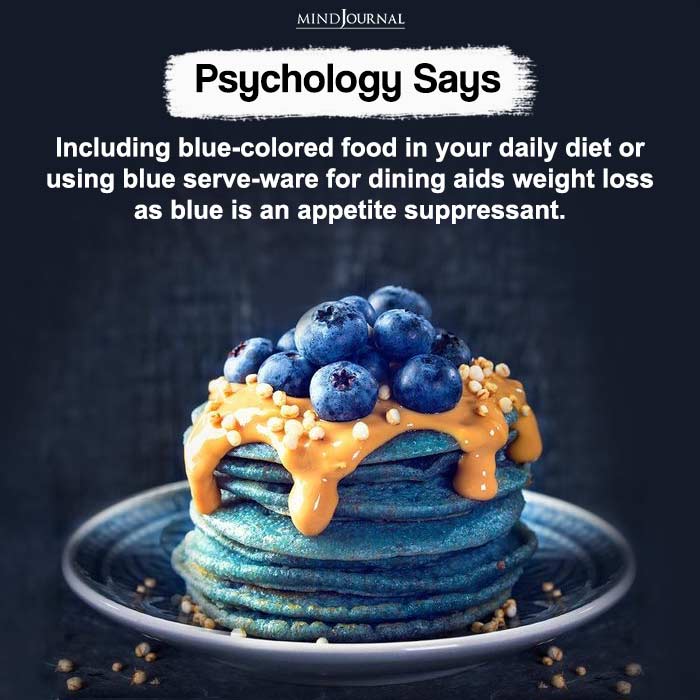
#3 Myth: You should always strive for a smaller body.
Reality: Body diversity is beautiful, and health comes in different sizes. It’s more important to focus on nourishing your body and prioritizing overall well-being.
#4 Myth: Happiness is achieved through achieving a specific body shape.
Reality: Happiness is not solely dependent on appearance. True happiness comes from self-acceptance, self-care, and fostering positive relationships.
Related: 6 Ways Your Diet Contributes To Your Mental Health
How to deal with diet culture
Now that we have a fair idea about diet culture definition, let’s explore how we can cope with it. Dealing with diet culture can be a challenging and personal journey, but there are steps you can take to navigate its influence more effectively.
Here are some strategies to help you break free from the grips of diet culture and cultivate a healthier mindset:
1. Educate yourself
Start by learning about the harmful effects of diet culture. Understand its origins, the myths perpetuated, and the negative impact it has on mental and physical health.
The more informed you are, the better equipped you’ll be to challenge its messages.
2. Embrace body acceptance
Shift your focus from striving for a specific body shape or size to embracing body acceptance. Recognize that your worth is not tied to your appearance.
Practice self-love, celebrate your body’s strengths, and appreciate its uniqueness.
3. Reject the “good” vs. “Bad” Food Mentality
Break free from the restrictive mindset of labeling foods as “good” or “bad.” Instead, strive for balance and moderation.
Listen to your body’s cues and nourish it with a variety of foods that make you feel good physically and emotionally.
4. Practice intuitive eating
Embrace intuitive eating, which involves listening to your body’s hunger and fullness cues, honoring your cravings, and cultivating a healthy relationship with food. Focus on nourishing your body rather than restricting it.
5. Surround yourself with positive influences
Curate your social media feed and real-life relationships to include body-positive and health-at-every-size advocates. Seek out individuals who promote self-acceptance, body diversity, and a balanced approach to wellness.
6. Seek support
If you’re struggling with the impact of diet culture, consider seeking support from a therapist, counselor, or support group.
They can provide guidance, validation, and strategies to help you navigate the challenges and develop a healthier mindset.
7. Set meaningful goals
Shift your focus from weight loss goals to setting goals that are centered around health, self-care, and overall well-being. Prioritize habits that make you feel good mentally, physically, and emotionally.
Remember, breaking free from diet culture is a personal journey that requires patience and self-compassion.
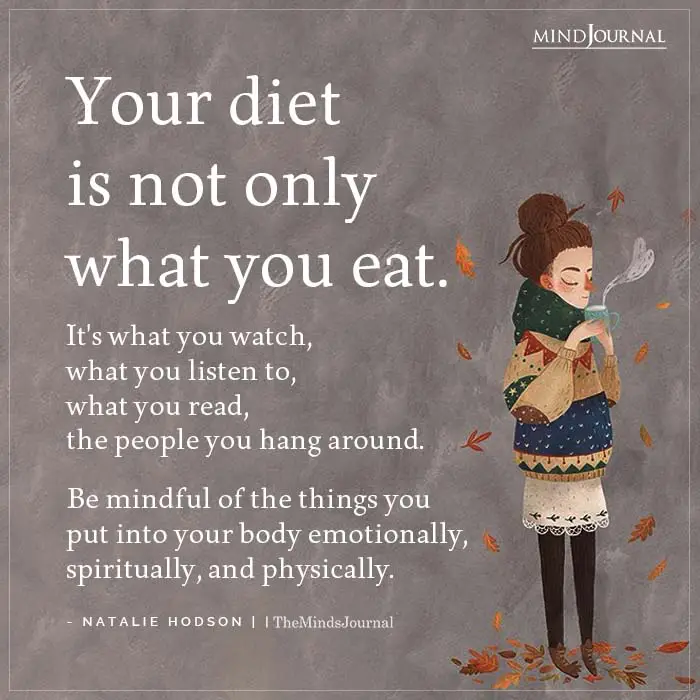
Takeaway
It is crucial to recognize the impact of diet culture on our lives and well-being. By understanding diet culture definition and various aspects, we can begin to challenge its harmful influence and cultivate a healthier relationship with our bodies and food.
Remember, your worth is not determined by your size or shape. Embrace self-acceptance, nourishment, and a mindset focused on overall well-being.
Together, let’s break free from the chains of diet culture and embrace a more compassionate and empowering approach to life.
Related: 8 Questions To Ask Before Going On A Diet
Frequently Asked Questions (FAQs):
What does the term diet culture mean?
“Diet culture” refers to societal emphasis on thinness, weight loss, and restrictive eating, often promoting harmful body image and behaviors.
Where is diet culture?
“Diet culture” permeates media, advertising, fitness, and conversations, influencing attitudes toward body image, food, and health worldwide.
What is diet culture and how is it harmful?
“Diet culture” idealizes thinness, perpetuates restrictive eating, promotes unrealistic beauty standards, and contributes to negative body image, disordered eating, and mental health issues.
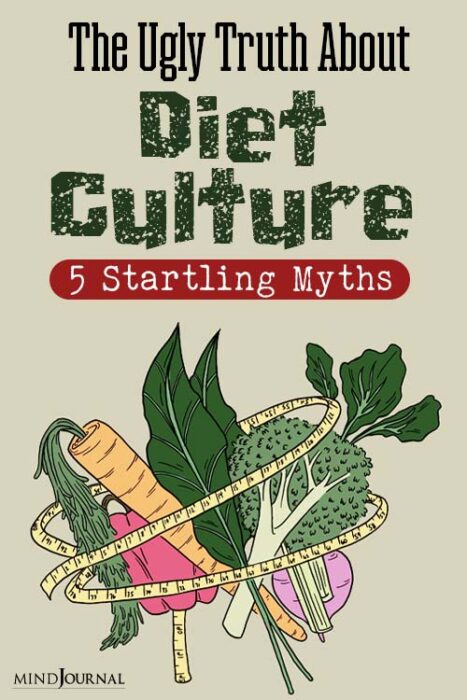
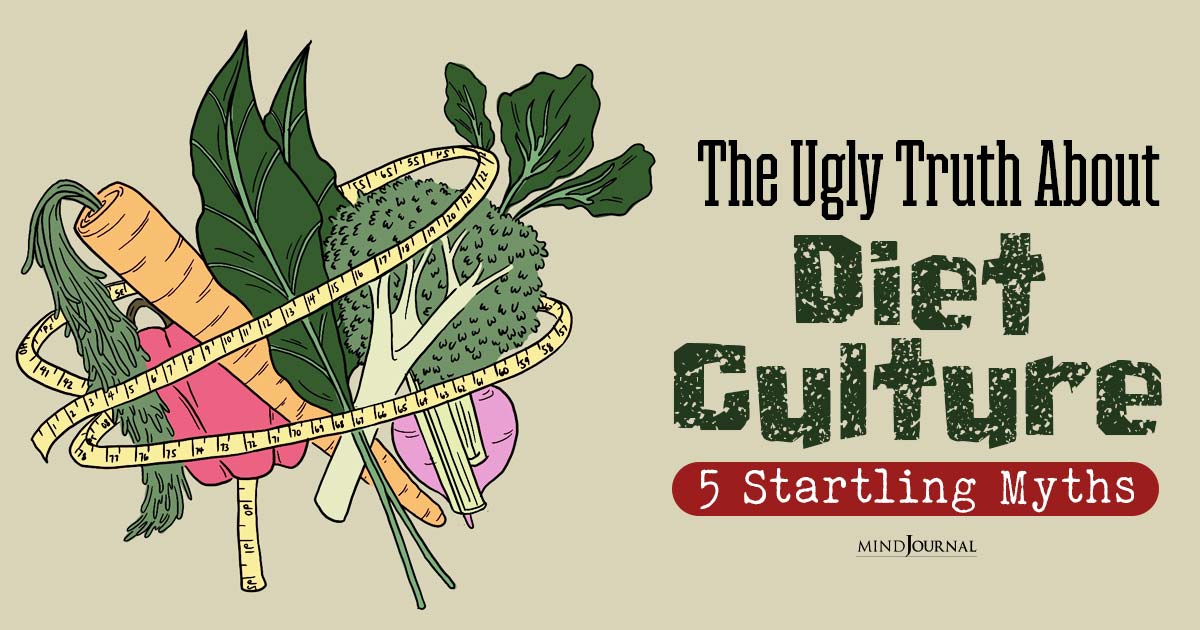






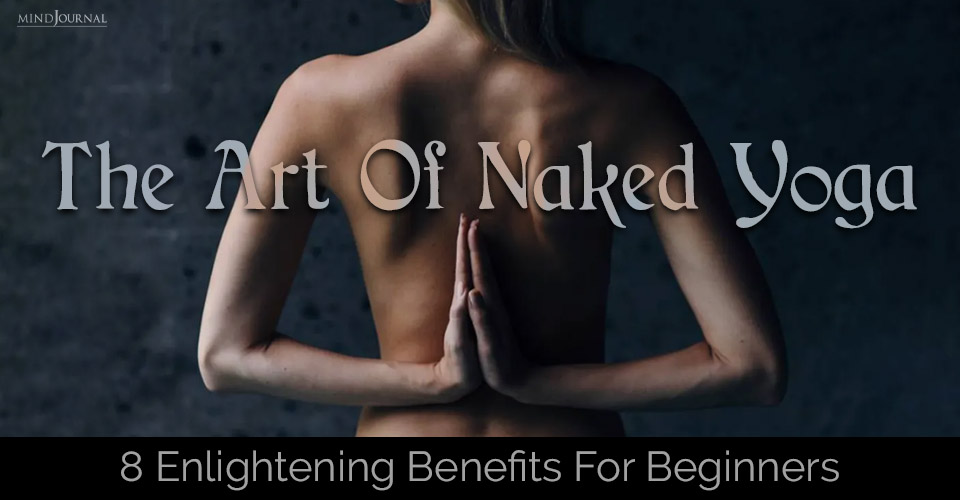
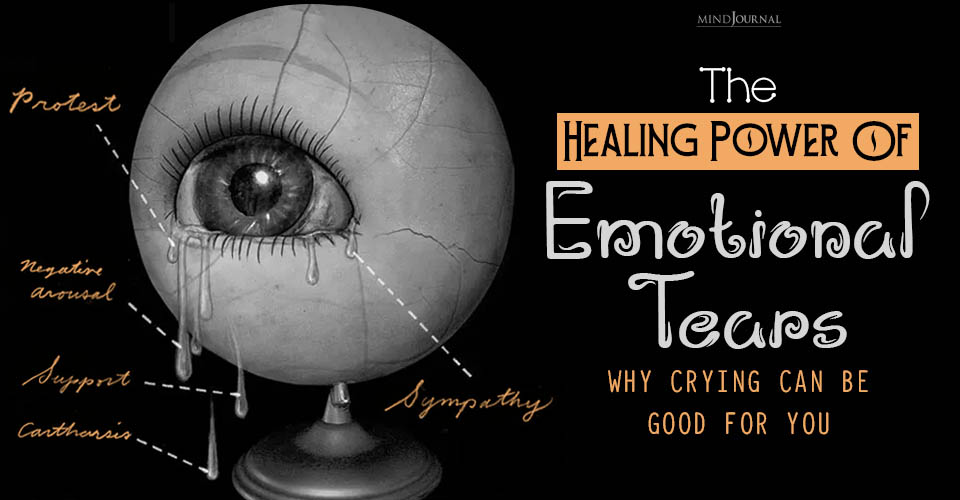

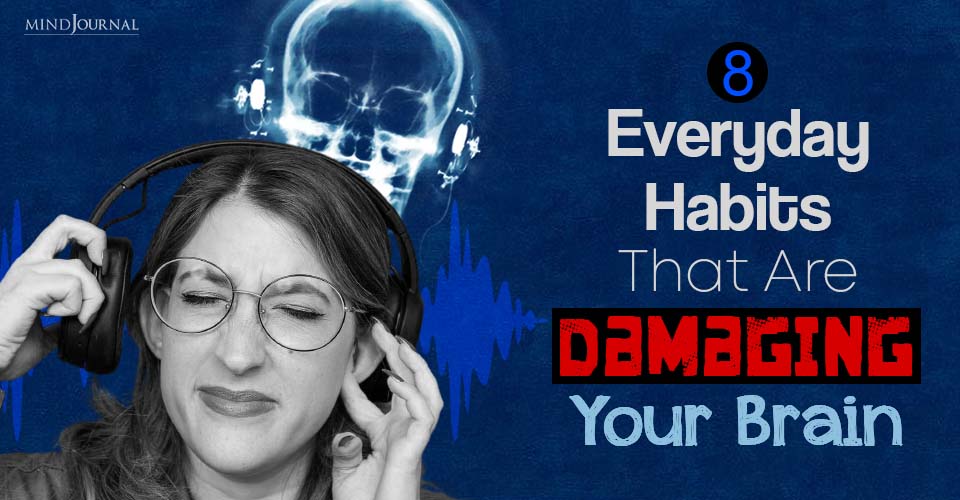


Leave a Reply
You must be logged in to post a comment.